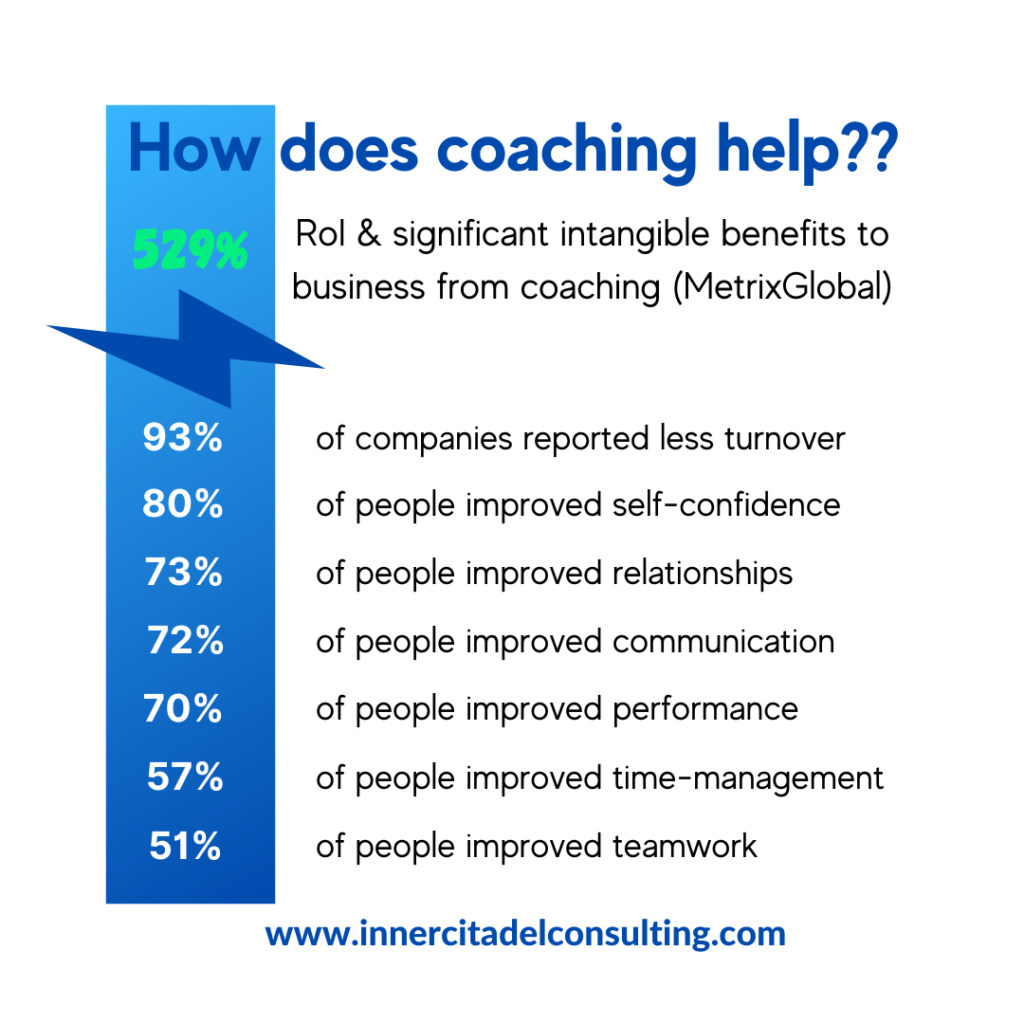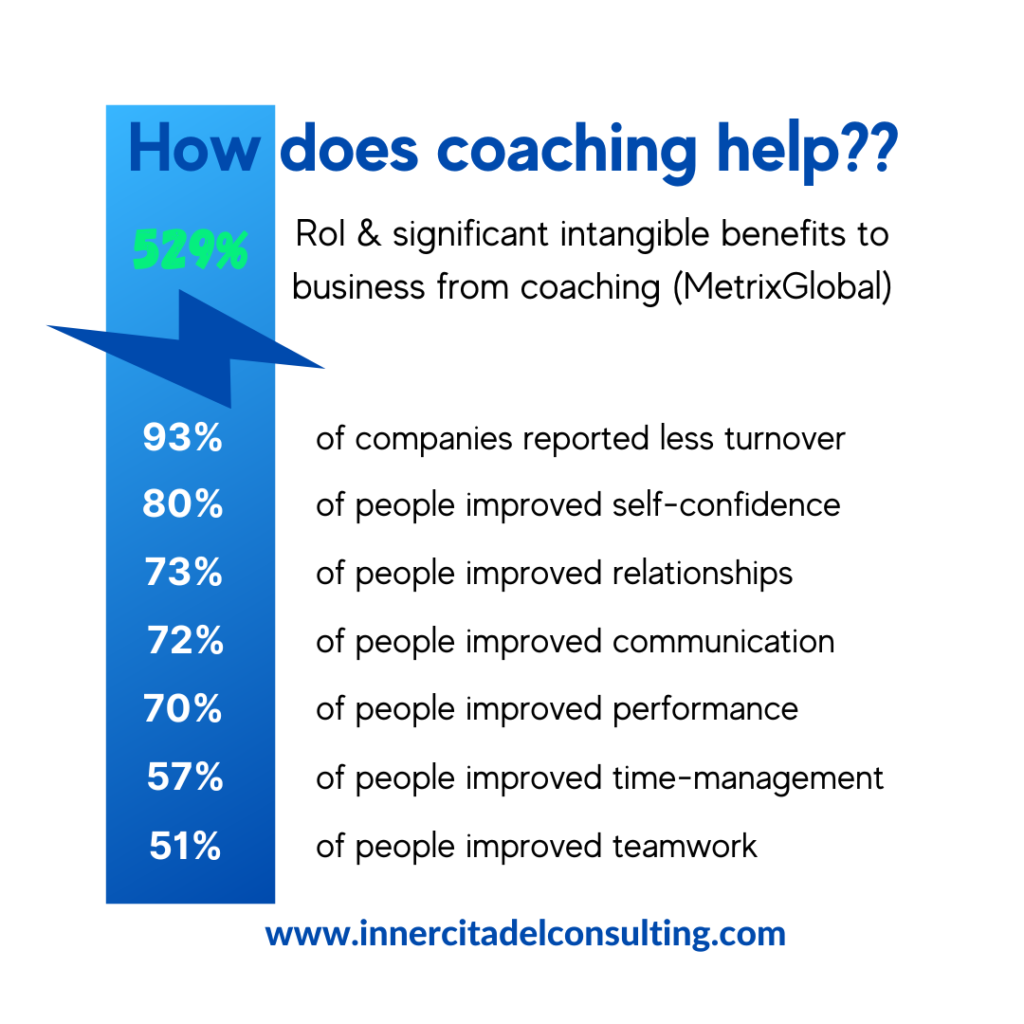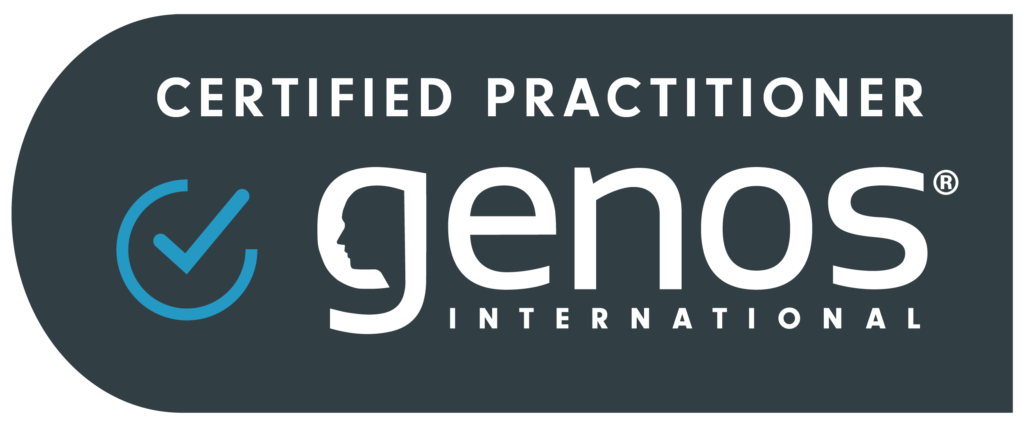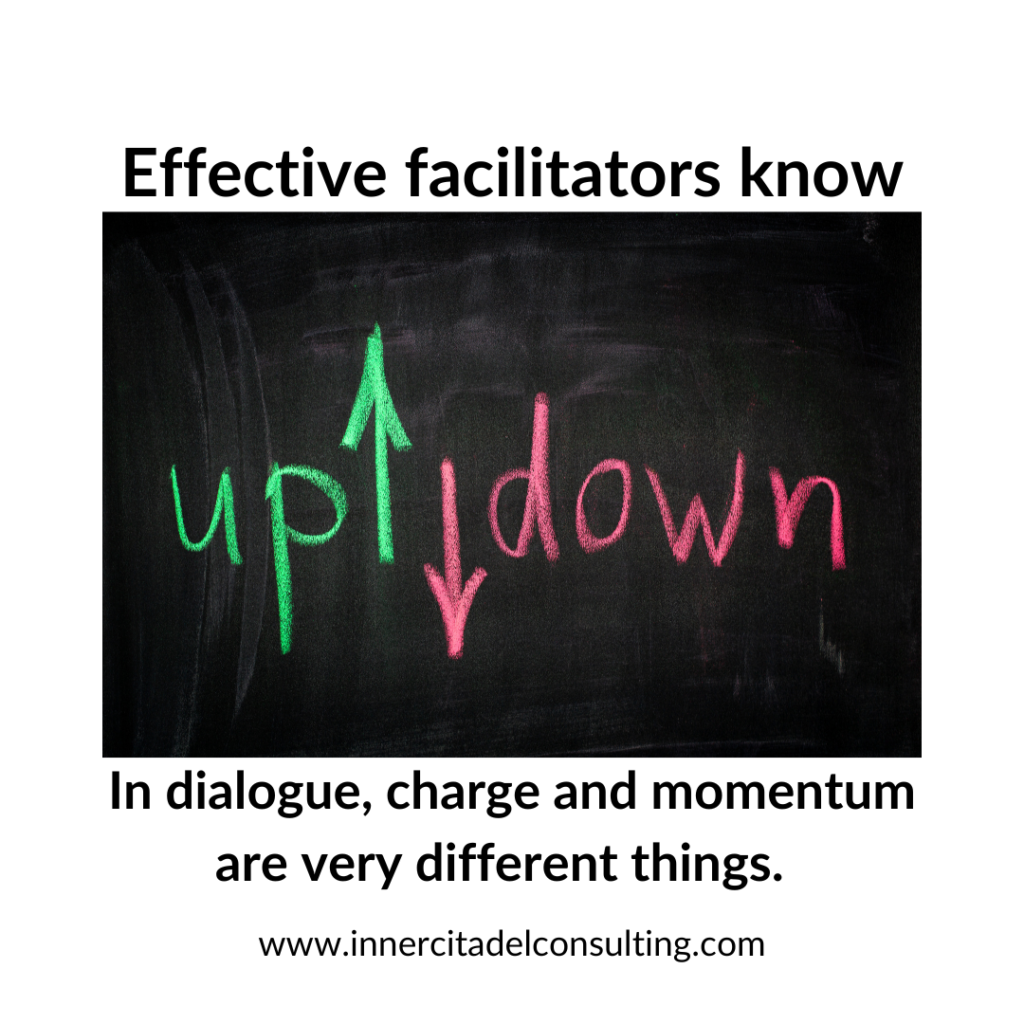Coaching is a power-boost, not a punishment
These days, in some organizations, executive coaching is a normal thing and often expected for most senior leaders. In these kinds of workplaces, the conversation that starts with “How about looking for some coaching around that issue?” is easy to keep positive. For any workplace, though, the truth is that coaching is not a punishment, it’s a power-boost.
In workplaces that are less used to coaching culture, leaders sometimes approach the conversation assuming it will be seen as punishment or their people assume that needing to be coached means they are failing. Far from the truth!! Executive coaching is an investment, a belief in a person’s potential to succeed as a leader. So, how can we navigate the tricky waters in workplaces like this?
Don’t wait for someone to need coaching, get them to want coaching
First, when we express coaching as something that is “needed”, we are likely going to activate the less useful kind of conversation. It’s better when your people *want* coaching – buy-in is critical to being coachable and to having a good experience. I once turned down a potentially lucrative coaching gig because the employer framed it as “his last chance to shape up before we fire him.” Nope. No way. Not interested. If the coaching opportunity is a need, then the person is seen as lacking. Keep the “need” language out of there.

Instead, second, we can use value language. Executive and leadership coaching has a proven HUGE RoI for organizations and their leaders. Coaching is used to seek promotion, build capacity, learn skills, boost effectiveness … the list goes on. Yes, it is *also* excellent for helping people see blind spots, address gaps in skills, to perform even better, etc. But, 6 months of executive coaching is a value proposition. Check out the graphic above for some of the recent numbers or check out this article.
Demonstrate value and investment in success
Numbers aren’t always enough for someone to see the value for themselves, however. There is *nothing* more powerful than my simple 360 interview process for showing the value of coaching, for opening people up to the possibilities and potential growth. I always start a coaching engagement with at least one assessment or survey tool anyway – this simple interview process creates immediate value by helping the client see where their strengths and pain points are. It also in the debrief highlights the value of a coach for seeing the way through complex issues and finding solutions right for the client.
So, if you’re wondering how to make the approach to a member of your C-suite, or to a manager who is struggling, show your commitment to their development with a facilitated 360 interview process and debrief. Let the data from that process speak for itself, let it invite the potential coachee to look at coaching as a chance to power up. Contact me if you want to talk through the interview process or want to set up a 360 – always happy to connect!






